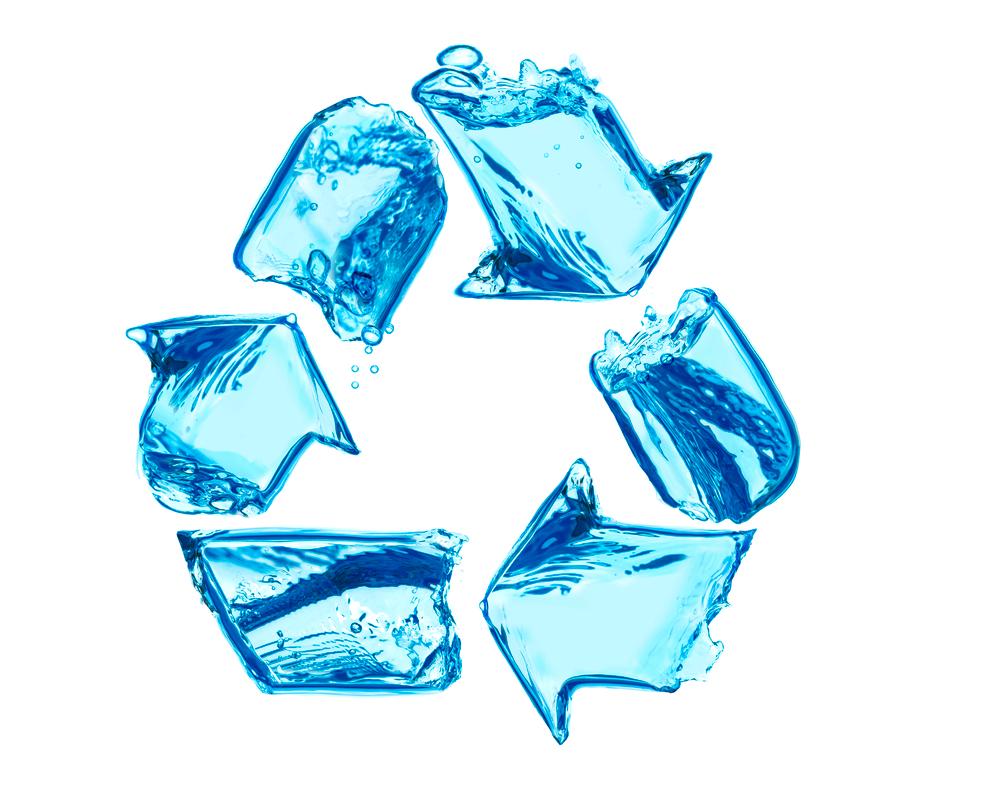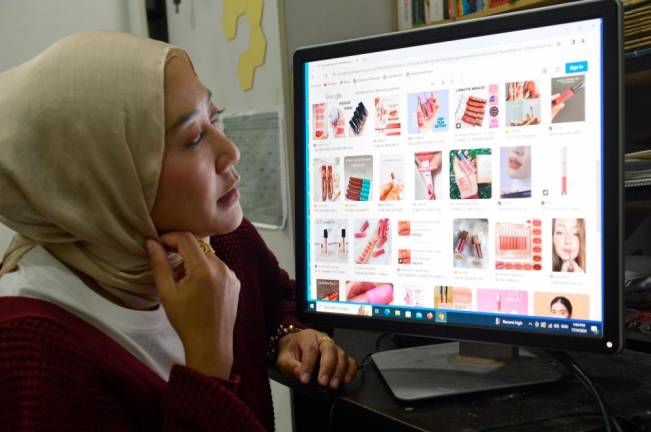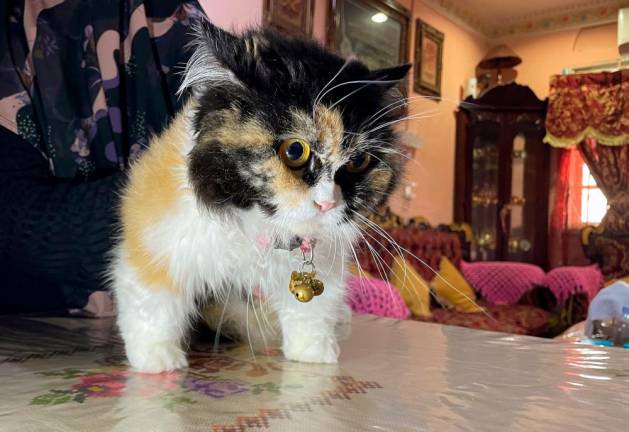FRESH water is a valuable resource, and not just because people have access to less than 1% of the world’s water supply on a daily basis. Water conservation has never been more crucial – rising temperatures cause quicker absorption, drier situations, and an increased demand for water. Conserving water is rather simple. There are several methods to conserve water around the house that may help reduce both your water cost and your environmental effect. Here are seven simple strategies to use less water every day and create a change.
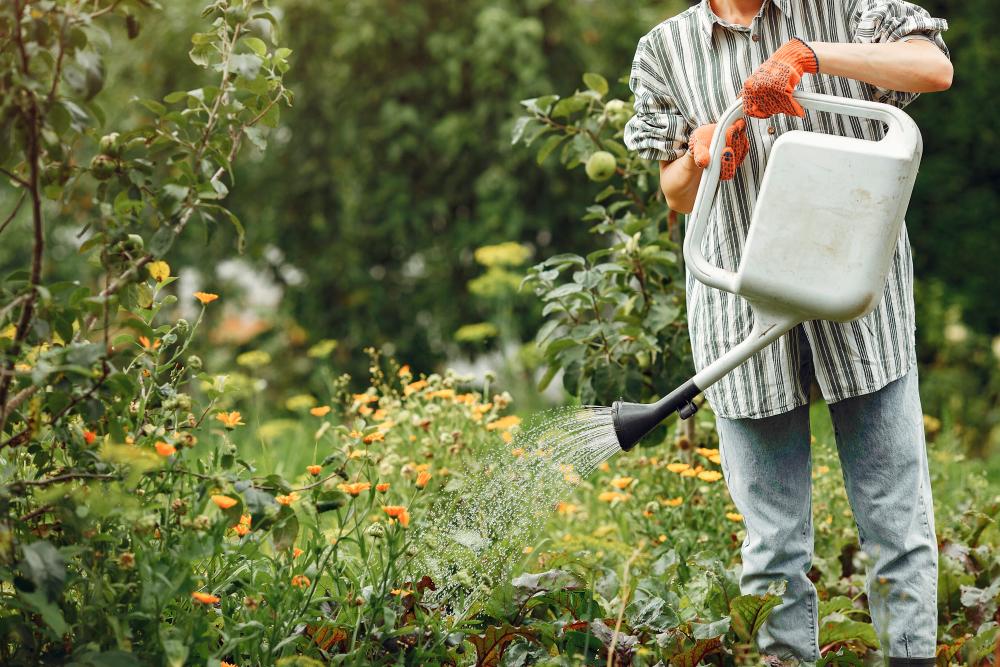
Do not leave the water running when washing your hands or brushing your teeth. I’m sure you have likely heard this one before, but it’s easy to accidentally leave the faucet running instead of turning it off while cleaning and then turning it back on when you are ready to rinse.
Water your plants only when needed
The rain offers an abundant supply of water for your plants throughout the rainy season. If you have indoor plants, the easiest thing to do is to find out exactly how often you should water them. Do not simply water them out of habit. Similarly, avoid over-watering your plants. Overwatering not only wastes water but also removes important nutrients from the soil.
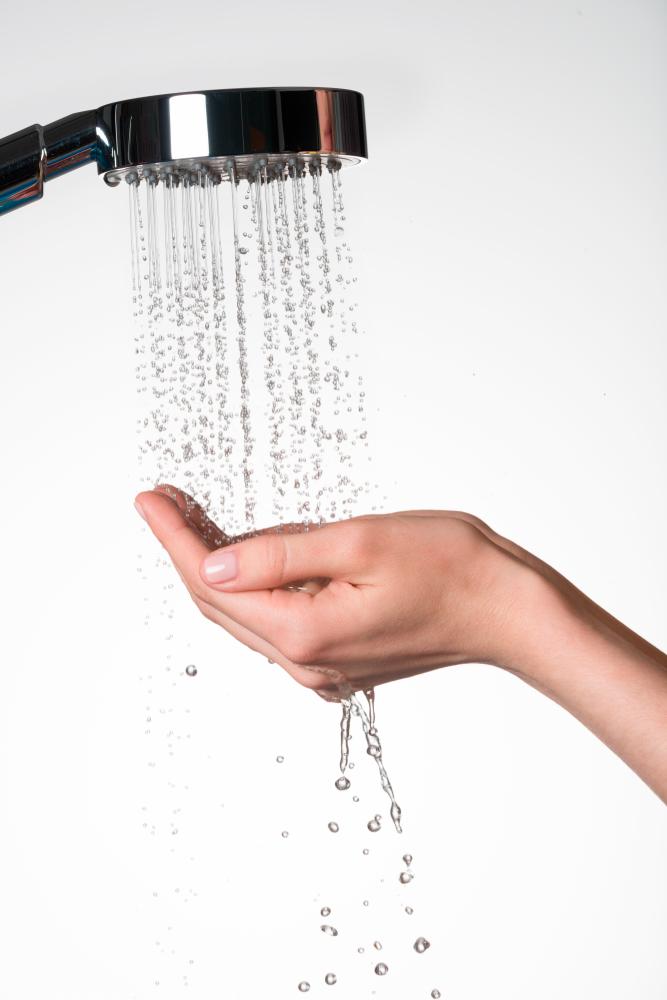
Consider setting up an aerated shower head that mixes water and air, or installing a valve in your shower that limits flow rates. Make sure you are not staying under the water for too long, whether you have a low-flow showerhead or not. Showers should last no more than five minutes, and – if feasible – wash your hair less frequently to save time.
If you think about it, you will quickly realise that there are several places in your home where water constantly seeps. Many of these may be found in a residence’s restroom area. If not, there are additional locations where leaks can be discovered. This simple but vital measure can be beneficial in decreasing water waste, which is such a disappointment in this day and age. Now comes the crucial question: how do you go about reducing water wastage? It’s straightforward. Simply drop some food colouring into your toilet tank and observe it for an hour. If the colour runs into the bowl, it shows that there is water leaking.
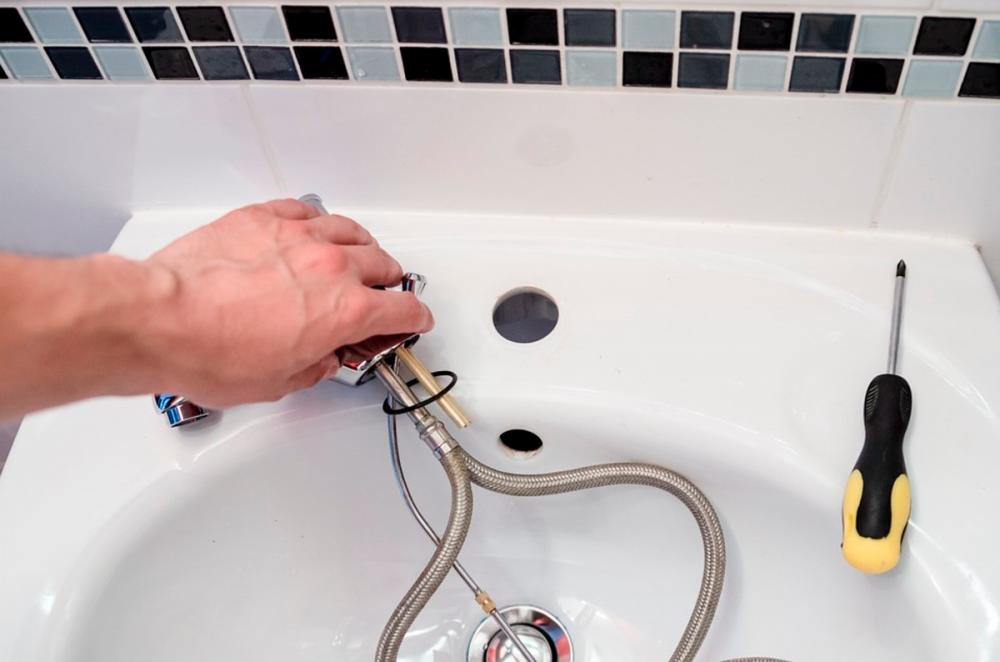
It is not always a realistic objective to reduce all water waste. However, you may substantially reduce your carbon footprint by conserving and reusing as much water as possible. Capture some of it instead of letting it all go down the drain. You may save water by reusing the water from rinsing your veggies and fruits to irrigate your yard or potted plants.
You may lower the quantity of water consumed by your toilet by doing the following: When necessary, use the half-flush button. You can adjust the flush volume if you have a single-flush toilet. You may also manually modify the flush volume by introducing a water displacement device into the cistern, being careful not to impede the mechanism.
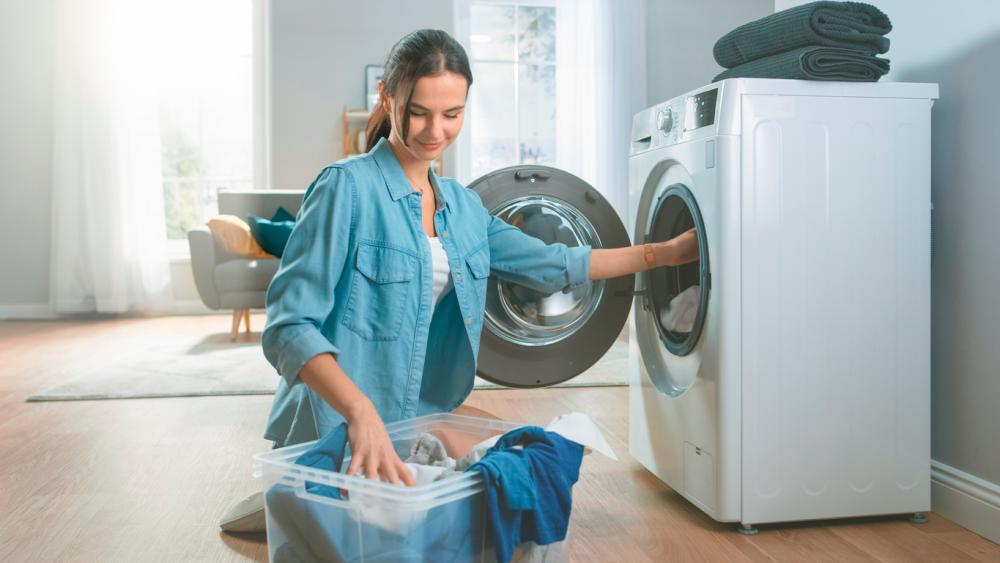
We can save money by conserving water. – NOPEC
Do full loads
Each load of an automated washing machine uses 30 to 35 gallons of water. As a result, do not start the machine until you have a full load. Wait until you have a sufficient number of dirty garments. Furthermore, avoid using the lasting cycle, as this option increases water waste. Household expenditures are rising. Despite this, you can limit what you spend if you can control what you waste. We can save money by conserving water. That’s all there is to it. We can also help reduce our environmental effect by using water more efficiently. It means that we are not drawing water from rivers or aquifers, which is a worry given the rising demand.
In truth, conserving water takes very little time. All we need to do is be more proactive about how we utilise it. When we clean our teeth, we turn off the water. These are little modifications that have a big impact. We squander a lot of water because of habit and taking it for granted. As a result, if we break the habit and think about what we are doing, we may contribute to water conservation.



